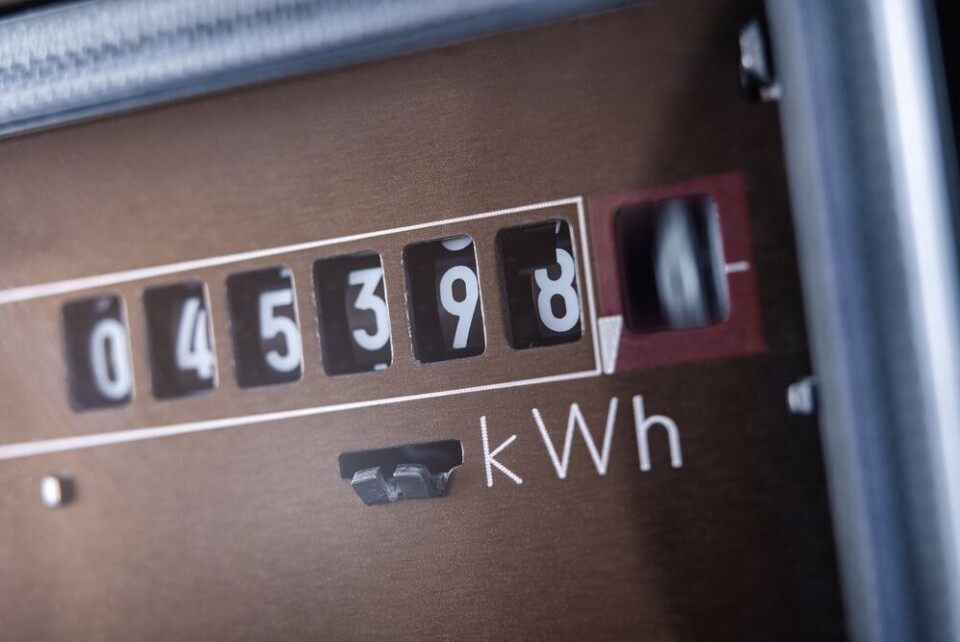-
Travellers risk extra costs under new Eurotunnel ticket rule
Some fare options are less flexible and less forgiving of lateness
-
May will be difficult month for train travel in France, warns minister
Two major train unions are threatening to strike and are ‘not willing to negotiate’, he says
-
Larousse dictionary adds 150 new French words - which ones do you know?
The new words come from trends in sport, nature, leisure, food, medicine, and the rest of the French-speaking world
Energy costs: France’s mayors warn of risk to public services
Several associations of elected officials have written to the prime minister demanding emergency measures to help pay soaring bills

Local elected officials from around France are calling on the government to implement emergency measures to help with soaring energy costs, warning that without further action public services could be heavily impacted.
Various associations, including the Association des Maires de France and the Association des Maires Ruraux de France, expressed their concerns to French Prime Minister Élisabeth Borne in a letter on Friday (September 30), Franceinfo reports.
The officials, including mayors and regional councillors, are concerned about paying the bills to maintain schools, public pools, libraries and other services.
The government is planning to unveil energy-saving measures on Thursday but local officials say that many collectivités have taken the initiative by already implementing regulations, such as lowering heating temperatures, reducing public lighting hours or limiting the opening hours of buildings.
But they are concerned that this will not be enough to compensate for soaring energy bills, caused by a combination of factors including Russia’s invasion of Ukraine and the fact that over half of France's 56 nuclear reactors are offline due to maintenance or issues with corrosion.
Philippe Laurent, vice president of the Association des Maires de France, said that lowering temperatures by one degree in schools represents a 7% saving on energy consumption.
“That is not enough to cover price increases of 500 to 600%,” he said.
An energy price increase cap that applies to individuals, called the bouclier tarifaire, does not apply to public service buildings.
“The risk is a very strong decrease in public services because we will not be able to finance the electricity in these buildings, a situation that we, as local elected representatives, cannot accept,” Mr Laurent said.
He added that after reading over the government’s 2023 budget, presented last Monday, it was clear that the government had not “sufficiently taken into account the difficulties that certain collectivités are facing”.
Read more: Healthcare, climate, cigarettes: France announces its 2023 budget
In the letter to the prime minister, the officials call on the government to cap the price of electricity purchased by local authorities. .
They also called for more flexibility for collectivités to choose energy suppliers and the freedom to pull out of contracts with unfavourable rates.
They also want the government to rapidly boost investment in making towns and cities more environmentally friendly and sustainable.
Earlier this summer, private leisure centre company Vert Marine temporarily closed 29 of its swimming pools citing issues with paying huge energy bills.
Read more: ‘Who’d pay €20?’: Why 29 public swimming pools in France have closed
Related articles
French residents save thousands on electricity by returning to EDF
Inflation in France slowing but fresh food prices still up 11% in year
French energy firms offer up to €120 discount to those who cut usage
























